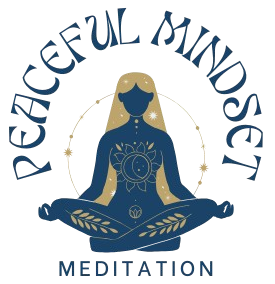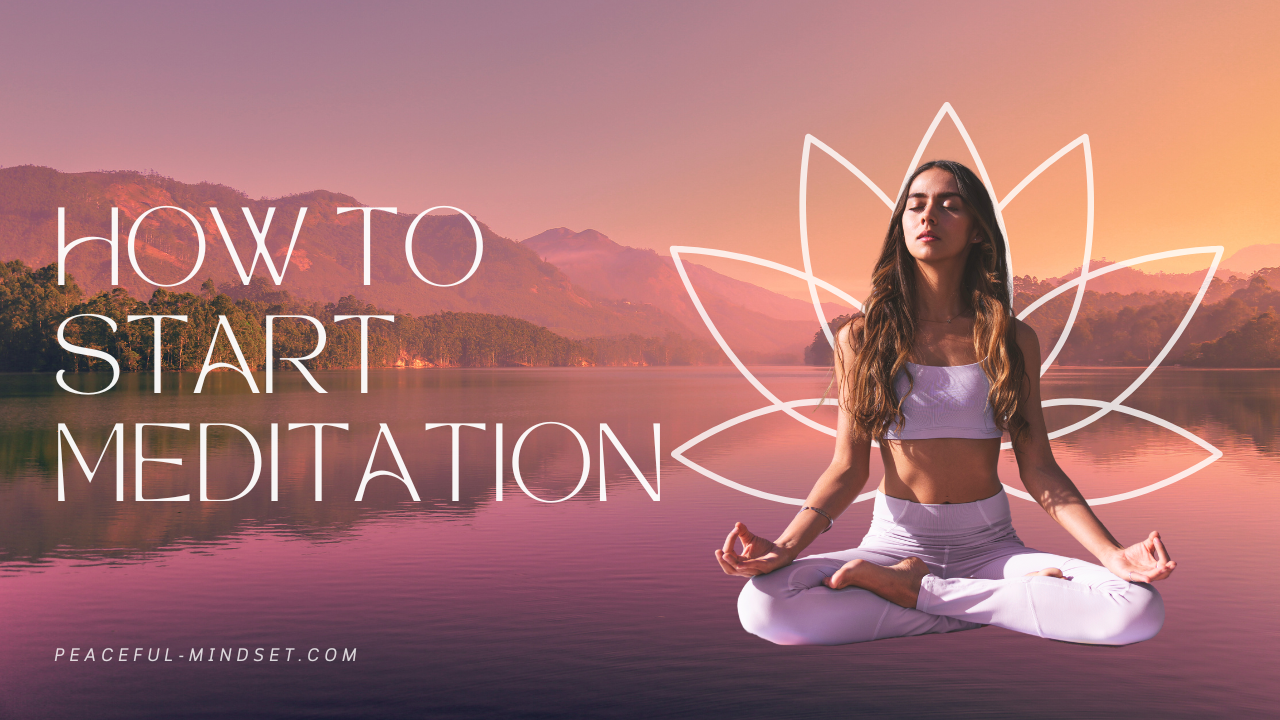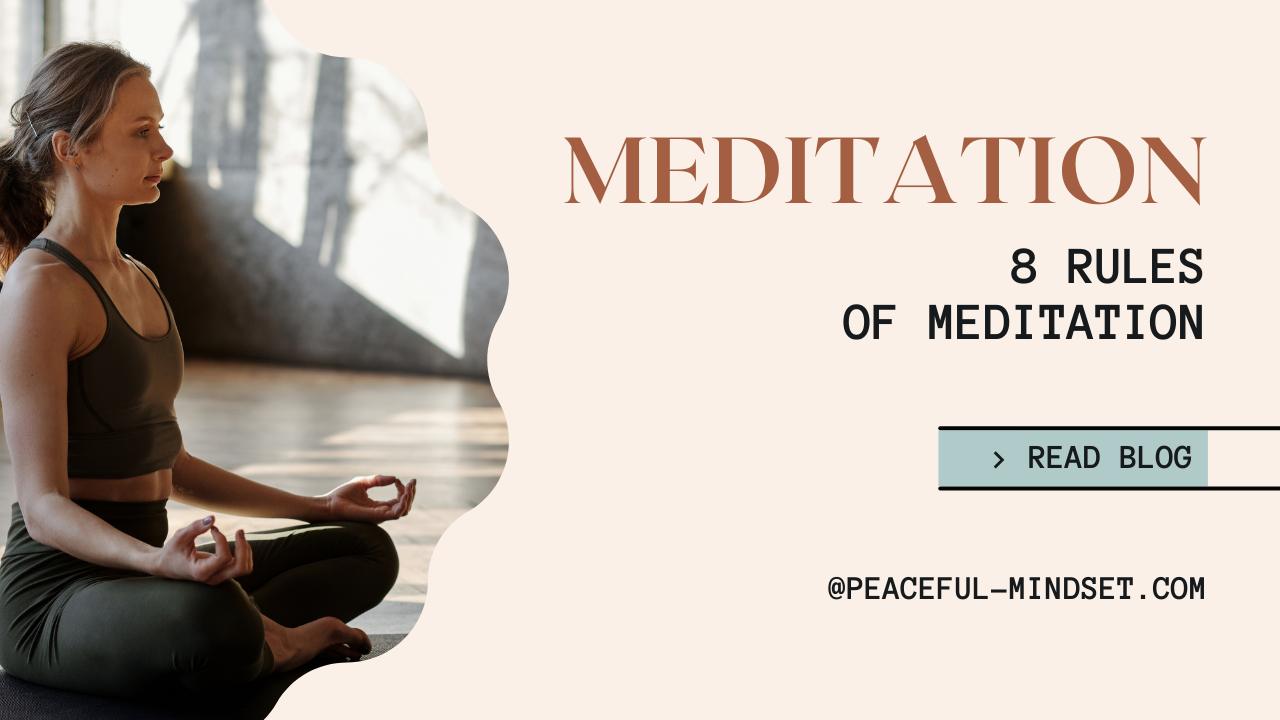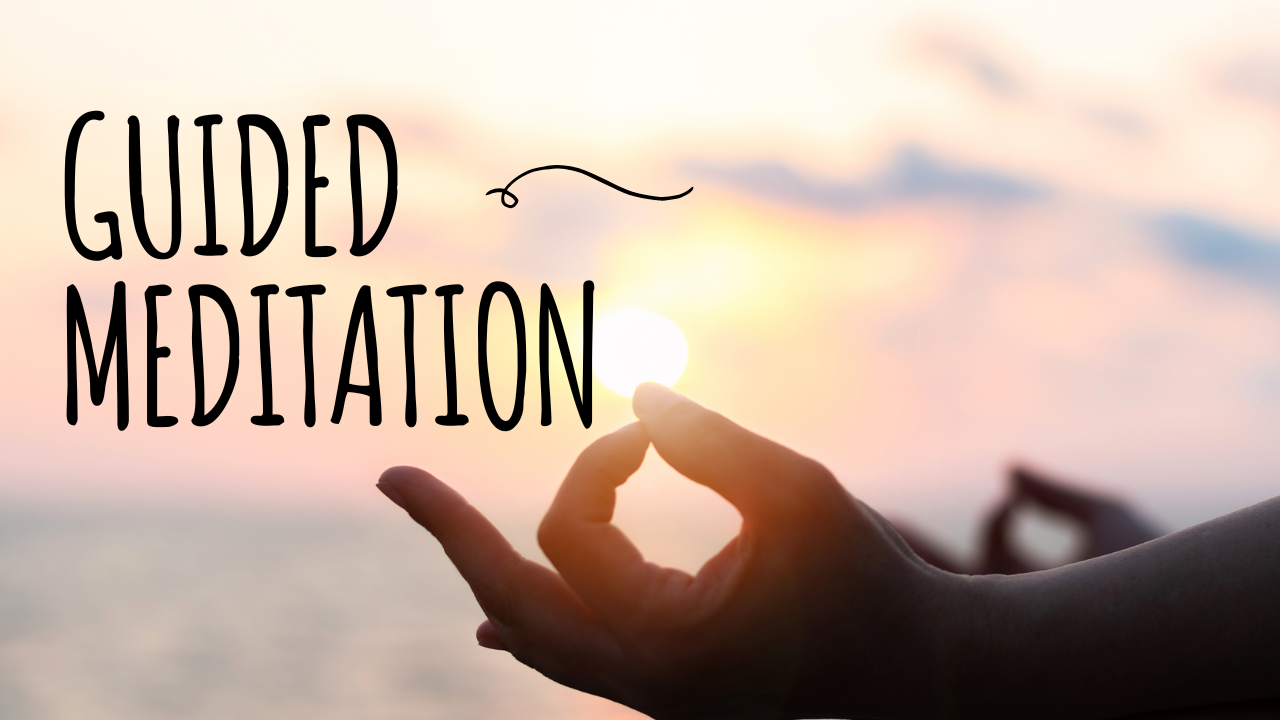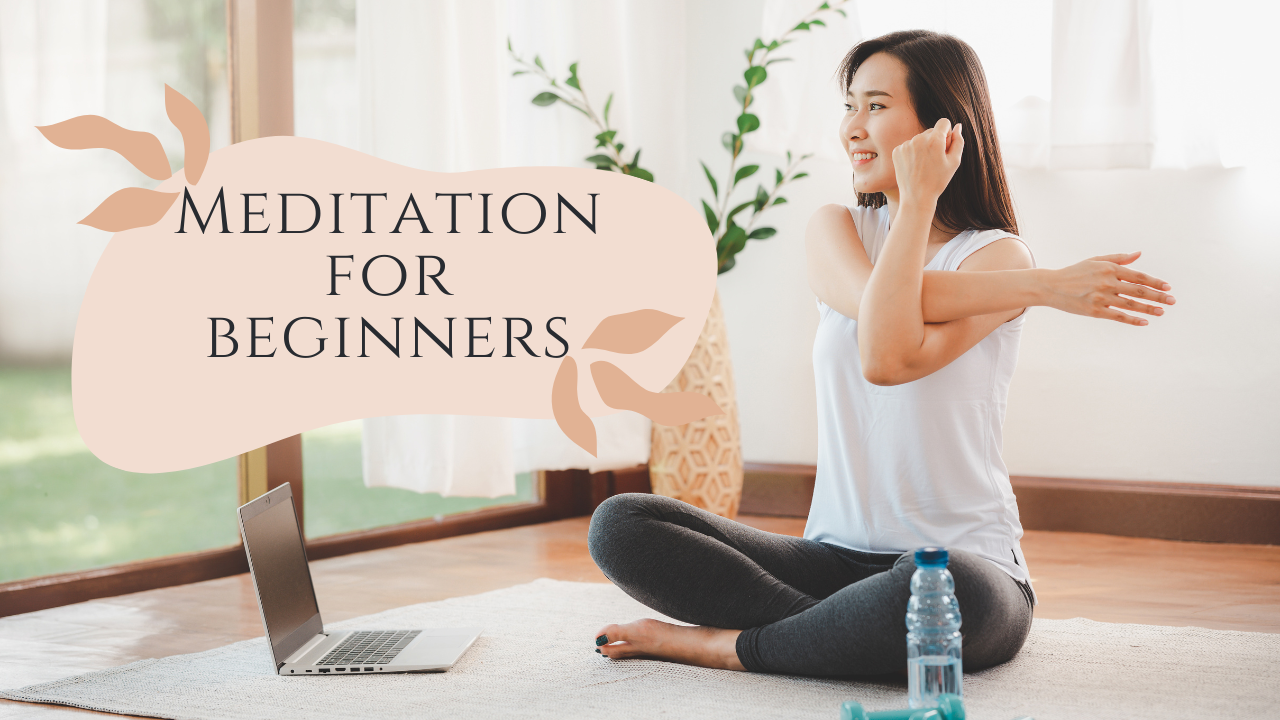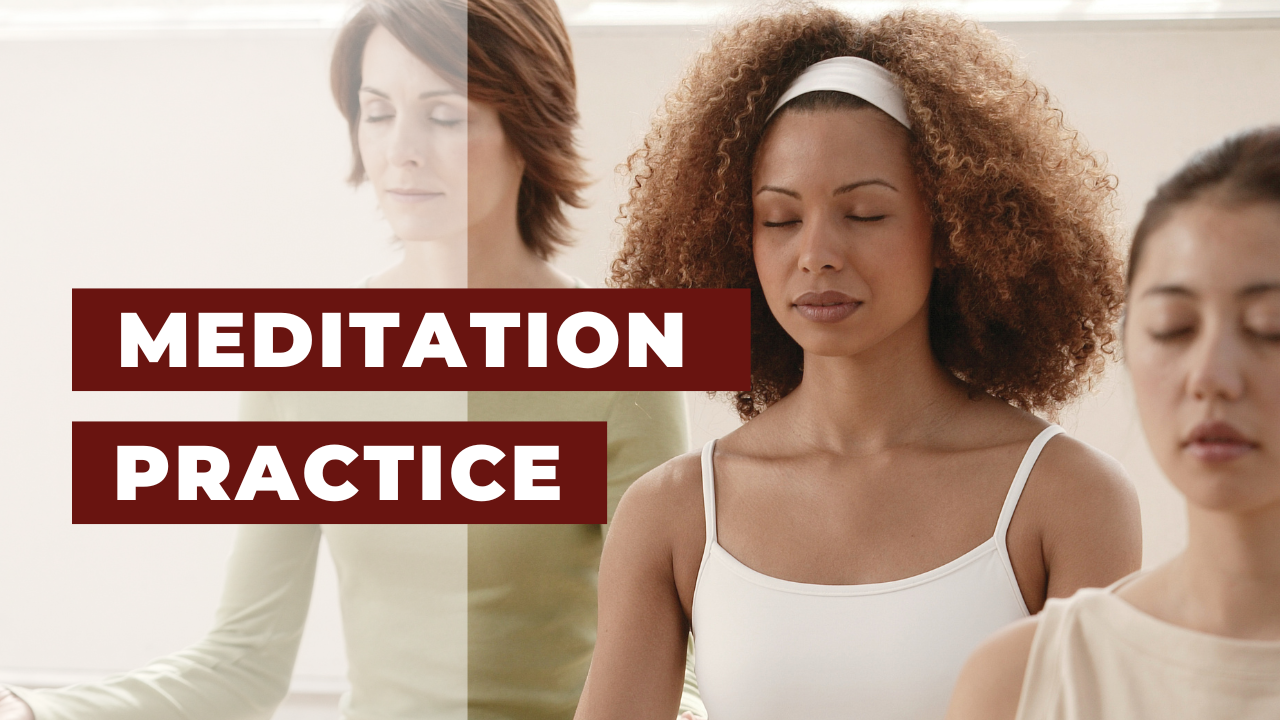How to Start Meditation: A Powerful Guide to Calm and Clarity
Start meditation to cultivate a growth mindset that empowers you to face challenges head-on, view mistakes as valuable lessons, and commit to lifelong self-improvement.
Meditation helps you shift your perspective, teaching you to see setbacks not as failures but as stepping stones toward your goals. With regular practice, you can build resilience, adaptability, and confidence, equipping yourself to overcome obstacles in every area of life.
By combining consistent effort, mindfulness, and perseverance, anyone – no matter where they begin – can develop a growth mindset.
Over time, starting meditation not only enhances your self-awareness and emotional balance but also unlocks your full potential, leading to deeper personal fulfillment and greater professional success.
Adopting this simple yet powerful habit can transform how you think, feel, and grow every single day.
How to Start Meditation Step by Step
1. Understanding Meditation:
Meditation is about developing your awareness and focus, not about clearing your mind. It involves focusing on one point, say your breath, a mantra, or a picture. Practicing will help you to notice your thoughts wandering. The secret is to gently steer your focus back to your chosen emphasis free of criticism.
You can start meditation from Calm app.
2. Setting the Stage for Success:
- Select a calm setting where you may sit comfortably free from interruptions. This may be your office during a break, a peaceful park seat, or a designated space in your house.
- Wear Comfortable Clothes: Choose loose-fitting garments that will not limit your movement or respiration.
- Pick a Time: Try out several times of day to see what suits you most. While some people like evenings for relaxing, many others want mornings for a concentrated start.
- Start small: Just 5-10 minutes of meditation to start; increase the time as you feel comfortable. The secret is consistency.
3. Types of Meditation:
- Mindfulness Meditation: Focus on your breath, bodily sensations, thoughts, and emotions without judgment. Watch them come and go.
- In focused meditation, concentrate on a particular item or sensory input, such as a candle flame, a repeated sound, or a mantra.
- Spiritual Meditation: Deepen your awareness of your spiritual beliefs or interact with a higher force. Often done at churches, temples, or mosques.
- While keeping a conscious awareness of your body and surroundings, participate in light physical activity like walking, yoga, or tai chi.
4. Getting Started with Your Practice:
- Either on a cushion or a chair, sit with your spine straight but not stiff. Lay your hands softly on your knees or lap.
- Though you may want to keep them somewhat open with a gentle glance, closing your eyes will help to reduce visual distractions.
- Concentrate on Your Breath: Observe the natural rhythm of your breath flowing in and out. Observe the feelings of your abdomen and chest rising and sinking.
- Recognize Your Thoughts: When thoughts come, notice them without judgment and softly refocus your attention to your breath.
- Meditation is a technique that requires patience and kindness to oneself. Should your mind drift, do not lose heart. Every time you see it drifting, just bring your attention back to your breath.
5. Resources to Deepen Your Practice:
- From stress reduction to sleep improvement, apps like Calm, Headspace, and Insight Timer provide guided meditations for different goals.
- Meditation Classes and Workshops: Online or in-person classes offer organized learning and community support.
- To increase your knowledge and find fresh ideas, look at books and websites devoted to meditation.
Benefits of Regular Meditation:
- Meditation regulates the neurological system, therefore fostering relaxation and emotional well-being and so helping to lower stress and anxiety.
- Regular practice enhances attention and cognitive ability.
- Meditation helps you to better know your thoughts, feelings, and actions.
- Meditation gives you techniques to control difficult emotions and develop good ones.
- Meditation helps relax the mind and encourage deep sleep.
READ the 8 Rules of Meditation
Conclusion of how to start meditation:
In today’s busy world, taking time to find calm and clarity is more important than ever. When you start meditation, you open the door to a more mindful, balanced, and fulfilling life.
It’s a simple yet powerful practice that helps you handle challenges, reduce stress, and nurture a positive mindset.
No matter where you are on your journey, it’s never too late to start meditation and experience its transformative benefits. Take a deep breath, begin today, and watch how it changes your life one moment at a time.
